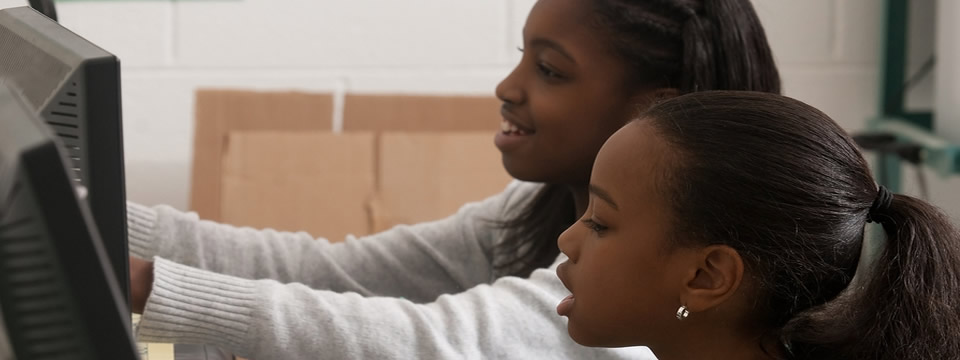Without Additional Support, Nearly Four Million Children Younger Than 6 Will Experience Poverty This Fall
By Ilham Dehry, Reprinted from Urban Institute The COVID-19 crisis is taking a huge toll on families’ economic security, particularly for families of color and families with children. Early childhood poverty can shape health and social outcomes for decades, which makes supporting families with young children urgent and critical. Though federal aid earlier in the […]











